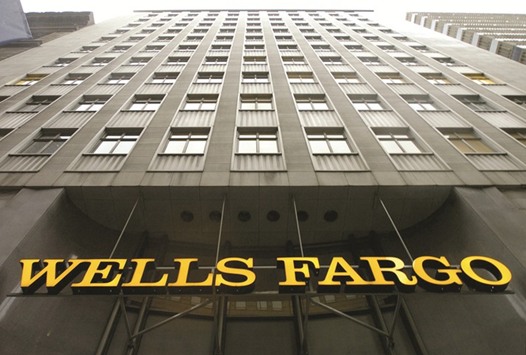Dozens of major US companies are facing shareholder votes this spring that seek to require more disclosure about political lobbying, as activists demand greater corporate transparency.
Votes are set to take place at more than 40 annual meetings, including those for Boeing, Wells Fargo, Ford, General Electric and Facebook.
The proposals have in many cases been offered before and predate the searing national political debates that have dominated America with the rise and election of President Donald Trump.
But whether or not they have anything to do with broader political dynamics, early tallies in the 2017 season show more investors want to know about corporate spending on lobbying.
About 37% of Disney’s shareholders voted in favour of a measure on this issue, up 5% from last year’s outcome, while Monsanto’s vote came in at about 28%, up 7.5% from a year ago. There were also modest increases at Emerson Electric and Tyson Foods.
While still a minority of shareholders, these counts are high enough to force management to take notice, corporate governance experts say.
“There’s a general discomfort with the notion of corporate funds for political purposes,” said Charles Elson, corporate governance chair at the University of Delaware Alfred Lerner College of Business & Economics.
“If it’s explained and it’s legitimate, there’s nothing wrong with it.
The question is the transparency.”
Companies are already required to account for annual lobbying expenditures in reports to Congress that detail the targeted issues and the amounts spent. However, proponents of the stepped-up measures say there are no requirements for reporting other aspects of lobbying, such as activities at the grassroots level or donations to trade organisations that lobby.
Activists point to companies like GE and Disney that favour climate change policies and their links to groups like the Chamber of Commerce which have opposed key climate policies.
They argue the companies should disclose their trade group memberships and the amount of money given to those groups that is then used for lobbying.
“Transparency is good for investors and good for companies and it kind of goes to the principle of what gets disclosed gets managed,” said John Keenan, corporate governance analyst at public employees union AFSCME, which has been in a leader in pushing for the measures.
In response, companies argue that the additional sunshining is unnecessary and misstates the nature of a company’s relationship with a trade group.
“The associations and coalitions to which GE belongs perform many valuable functions,” GE said in urging a “no” vote.”Lobbying is not the primary focus of these entities.”
“GE may not agree with every position or lobbying action taken by such associations,” the company added.
Disney said the proposal would exceed legal disclosure requirements and would “be misleadingly suggestive of the control we exercise over” trade groups. Some companies have revised their policies following talks with shareholders.
Keenan said Wal-Mart Stores agreed to provide lobbying spending by state, while defence company Raytheon increased its disclosures, including providing a list of its trade association dues. A Wal-Mart spokesman declined to comment on the specifics about negotiations on lobbying disclosures, but said shareholders regularly decide to withdraw proposals following talks with the company.
Raytheon declined comment.
This year, Pfizer strengthened its oversight of lobbying by amending the corporate charter to place the responsibility with the Corporate Governance committee. As they battle this year’s shareholder proposals, large companies through the Business Roundtable, a trade group, are pushing to limit future battles involving activists.
In a letter to National Economic Council Director Gary Cohn, the Business Roundtable urged officials to “tighten eligibility” to restrict investors “with insignificant stakes” from making proposals “that pursue social or political agendas unrelated to the interests of shareholders as a whole.”
The Business Roundtable argues the current $2,000 minimum requirement is “no longer a reasonable standard” to get on the ballot and should be raised to at least 0.15% at large companies.

Wells Fargo & Co’s headquarters is seen in San Francisco. Shareholder votes are set to take place at more than 40 annual meetings, including those for Wells Fargo, Ford, General Electric and Facebook.
